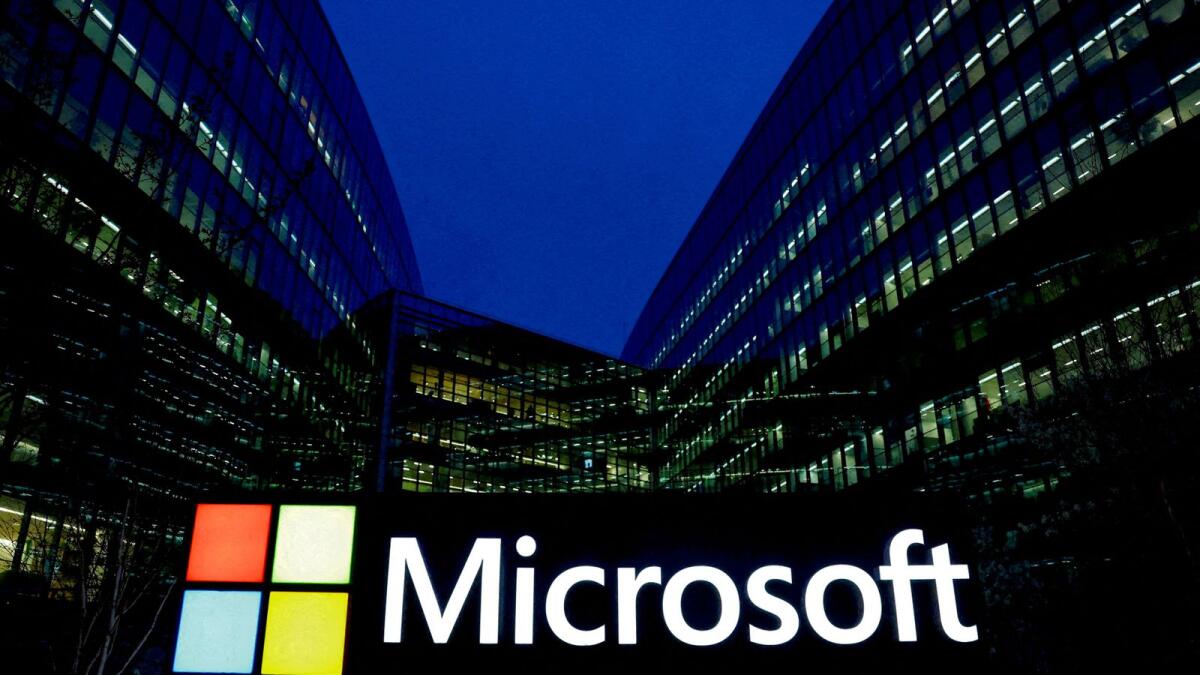Microsoft investors are eagerly awaiting the tech giant’s earnings report on Tuesday to see if growth in its Azure cloud-computing business has accelerated enough to justify its significant investment in artificial intelligence infrastructure. With a steady quarter-over-quarter growth rate of about 31% expected for Azure between April and June, Microsoft is seen as a leader in the AI space, particularly due to its collaboration with OpenAI. However, investors are looking for a larger contribution from its AI business in the fiscal fourth quarter, following a significant boost of 7 percentage points in the first quarter.
The company’s capital spending is projected to have jumped by approximately 53% year-over-year to $13.64 billion in the period, a substantial increase from the previous quarter. Concerns about the potential lack of short-term returns from massive data center spending by tech giants have been prevalent recently in the market, as seen by a notable drop in Alphabet’s stock after its quarterly capital expenditure exceeded estimates by nearly $1 billion, with AI revenue boosts remaining modest.
Microsoft has emphasized the importance of investing in data centers to overcome capacity constraints hindering its ability to capitalize on AI demand, which echoes sentiments expressed by other tech companies like Alphabet. The surge in spending has allowed Microsoft to attract more enterprise clients by enhancing access to its AI cloud service and introducing features such as the 365 Copilot assistant. The Copilot service, priced at $30 per month, is reportedly utilized by half of Fortune 500 companies but has not yet disclosed its revenue impact.
While consumer-facing AI applications like ChatGPT have received significant attention, analysts believe that enterprise-focused generative AI could present a larger opportunity for Microsoft. With its strong position in the market, Microsoft is well-positioned to leverage its existing customer base and capitalize on the potential growth in AI services. Despite experiencing a recent dip in its stock price due to the broader tech selloff, Microsoft’s shares have seen a 13% increase this year, adding over $350 billion to its market value.
In terms of revenue expectations for the April-June period, Microsoft is anticipated to report a 14.6% increase overall, slightly lower than the 17% growth in the previous quarter. The slowdown in growth is attributed to the personal computing business, including Windows and Xbox, while the productivity business, comprising Office, LinkedIn, and 365 Copilot, is projected to show around 10% growth. As investors closely monitor Microsoft’s earnings report, the focus remains on the company’s ability to accelerate revenue growth, particularly in the AI sector, and how the continued increase in capital expenditure may impact shareholder sentiment.











